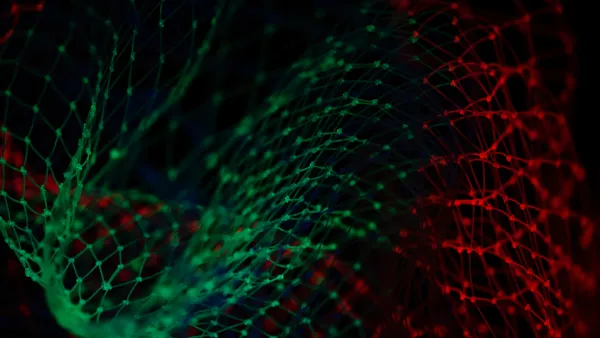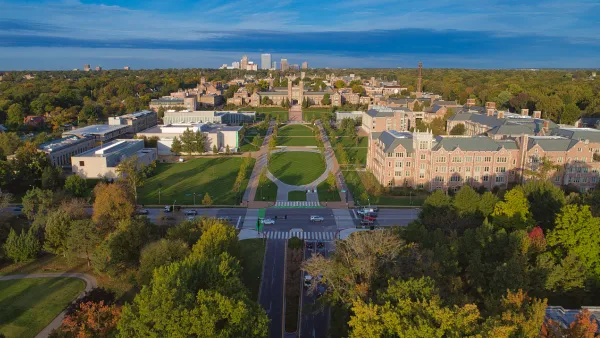The Department of Chemistry will welcome three new theorists in fall 2022 as part of Arts & Sciences' Digital Transformation Initiative.
The Department of Chemistry in Arts & Sciences at Washington University in St. Louis is excited to announce that three outstanding theorists, Kade Head-Marsden, Robert Wexler, and Anthony Schlimgen, will be joining the department in fall 2022. These interdisciplinary scholars are part of the Digital Transformation Initiative launched by Feng Sheng Hu, dean of the Faculty of Arts & Sciences and the Lucille P. Markey Distinguished Professor. Dean Hu's initiative aims to recruit scientists with an appetite for convergent scholarship that cuts across traditional academic boundaries, who will then drive transformative change across the humanities, social sciences, and natural sciences.
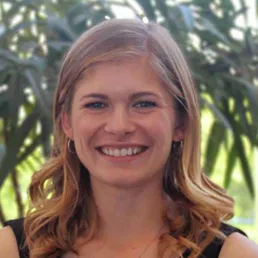
Kade Head-Marsden earned her doctorate at the University of Chicago under the mentorship of David Mazziotti. She is currently a postdoctoral fellow with Prineha Narang at Harvard University. Head-Marsden will be joining the Department of Chemistry as an assistant professor on the tenure track. At WashU, Head-Marden's research program will explore the intersection of open quantum systems with electronic structure and quantum information. She will develop holistic theoretical models for static molecular properties and dynamic molecular processes, while utilizing modern classical and quantum mechanical computational resources. Her research group will focus on adaptability and accessibility of their theories and methods to encourage collaboration with experimentalists and theorists across chemistry, physics, and engineering.
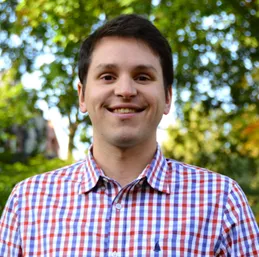
Robert Wexler earned his doctorate at the University of Pennsylvania under the mentorship of Andrew Rappe. He is currently a postdoctoral fellow with Emily Carter at Princeton University. Wexler will be joining us as an assistant professor on the tenure track. At WashU, Wexler's research will be focused on theoretical innovation for renewable energy and environmental applications, with an emphasis on the development of computational methods for the more realistic modeling of interfacial phenomena in heterogeneous electrocatalysis, solar energy conversion, and ferroelectric environmental energy harvesting. He is driven by the prospects of using quantum mechanics calculations, Monte Carlo and molecular dynamics simulations, and data-intensive methodologies as a synergistic approach for developing a fundamental understanding of complex materials systems, discovering relationships between their structure and function, and identifying promising routes for materials design.
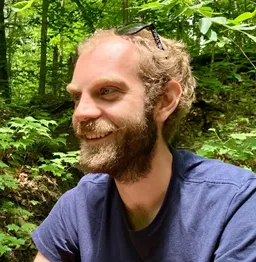
Anthony Schlimgen earned his doctorate at the University of Chicago under the mentorship of David Mazziotti. He worked as a postdoctoral scholar at the Los Alamos National Laboratory, and he is now a postdoctoral scholar at the University of Chicago. Schlimgen will be joining WashU as a senior scientist. His research will combine his expertise in electronic structure calculations of transition and heavy metals, theoretical methods in correlated electronic structure, as well as quantum chemistry and dynamics to bring novel approaches to the quantum computing regime.
